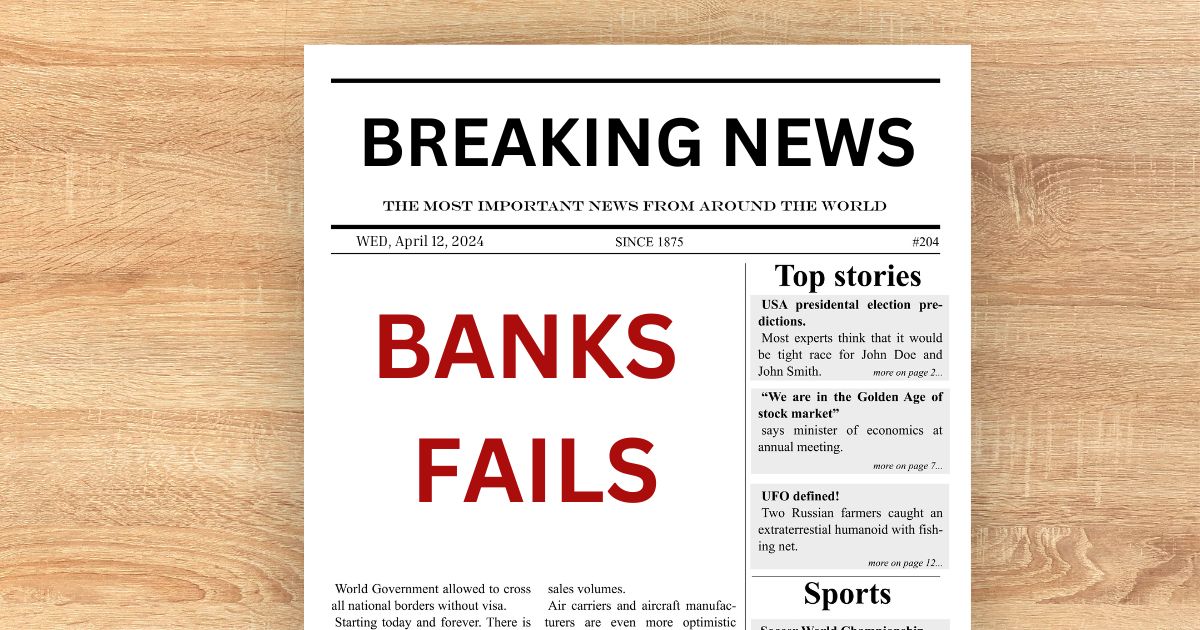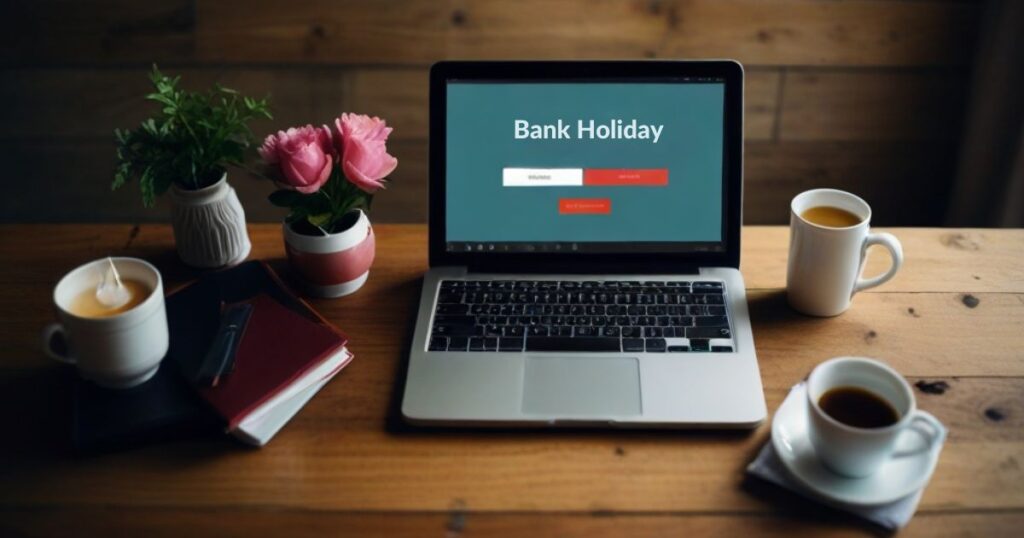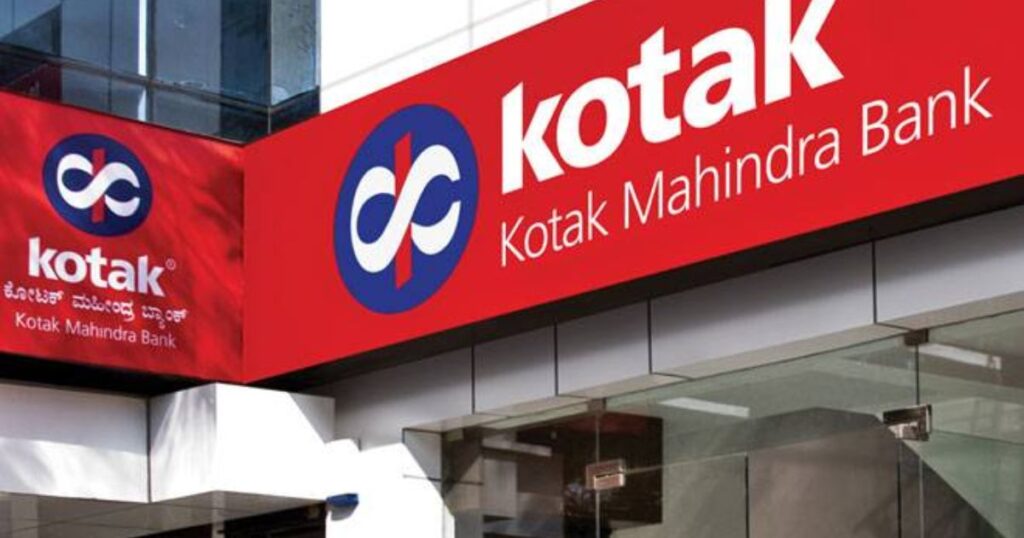The Reserve Bank of India (RBI) has imposed restrictions on customers of Shirpur Merchants’ Co-operative Bank in Maharashtra, preventing them from withdrawing money from their accounts due to the bank’s deteriorating financial condition. After the RBI’s action, the bank’s customers will not be able to withdraw funds for the next six months. This decision has created panic among thousands of depositors of the cooperative bank, who are now barred from accessing their savings.
In a press release dated April 8, 2024, the RBI stated, “…as from the close of business on April 08, 2024, the bank shall not, without prior approval of the RBI in writing, grant or renew any loans and advances, make any investment, incur any liability including borrowing of funds and acceptance of fresh deposits, disburse or agree to disburse any payment whether in discharge of its liabilities and obligations or otherwise, enter into any compromise or arrangement and sell, transfer or otherwise dispose of any of its properties or assets except as notified in the RBI Direction dated April 05, 2024, a copy of which is displayed on the bank’s website/premises for perusal by interested members of the public. Considering the bank’s present liquidity position, no amount from the total balance across all savings bank or current accounts, or any other account of a depositor may be allowed to be withdrawn, but are allowed to set off loans against deposits subject to the conditions stated in the above RBI Directions.”
It is important to note that this is not the first time the RBI has imposed such restrictions on lenders. Previously, similar restrictions on fund withdrawals were imposed on PMC Bank and YES Bank.
Such regulatory actions often leave bank customers wondering, ‘What next?’ This is because most depositors are not aware of their rights and the steps they can take if their bank suddenly fails. Understanding the needs of bank customers in these situations, we have outlined a few steps that you should take if your bank fails.
Suggested Read: RBI Levies Monetary Penalty On 5 Co-operative Banks?
Are Depositors Given Any Rights In Case A Bank Fails?
Under the Deposit Insurance and Credit Guarantee Corporation (DICGC) Act, each depositor in a bank is entitled to deposit insurance cover of up to Rs 5 lakh, which includes both the principal and interest amounts in their accounts at that specific bank. All deposits, whether in a current account, savings account, fixed deposit, or another type of account, are covered by this insurance.
Previously, depositors had to wait months to access their accounts in a failed bank or if the bank was put under a moratorium. To provide relief to customers of such lenders, the Centre amended the DICGC Act in 2021. Now, customers of banks placed under moratorium due to financial distress will receive their deposits back, up to a maximum of Rs 5 lakh, within ninety days of the moratorium’s commencement.
The 90 days are divided into two periods of 45 days each. Typically, the stressed bank is asked to collate all information concerning the number of claimants and claim amounts and inform the DICGC during the first 45 days. In the subsequent 45 days, the DICGC is required to process the claim and make payment to each eligible depositor.
What Options Are Available to Shirpur Merchants’ Co-operative Bank Customers?
For the customers of Shirpur Merchants’ Co-operative Bank, the regulator stated, “The eligible depositors would be entitled to receive deposit insurance claim amount of their deposits up to a monetary ceiling of ₹5,00,000 (Rupees five lakh only) in the same capacity and in the same right, from the Deposit Insurance and Credit Guarantee Corporation, under the provisions of Section 18A of the DICGC Act (amendment) 2021, based on submission of willingness by the concerned depositors.”
“The depositors may contact their bank officials for further information. Details may also be accessed on the DICGC website: www.dicgc.org.in,” the bank added.
















